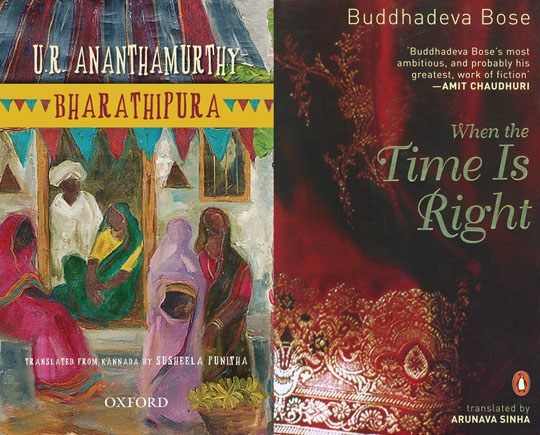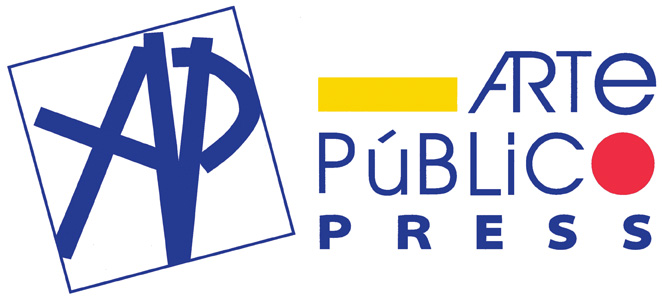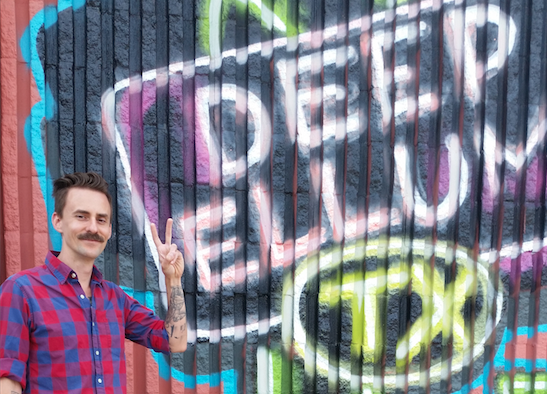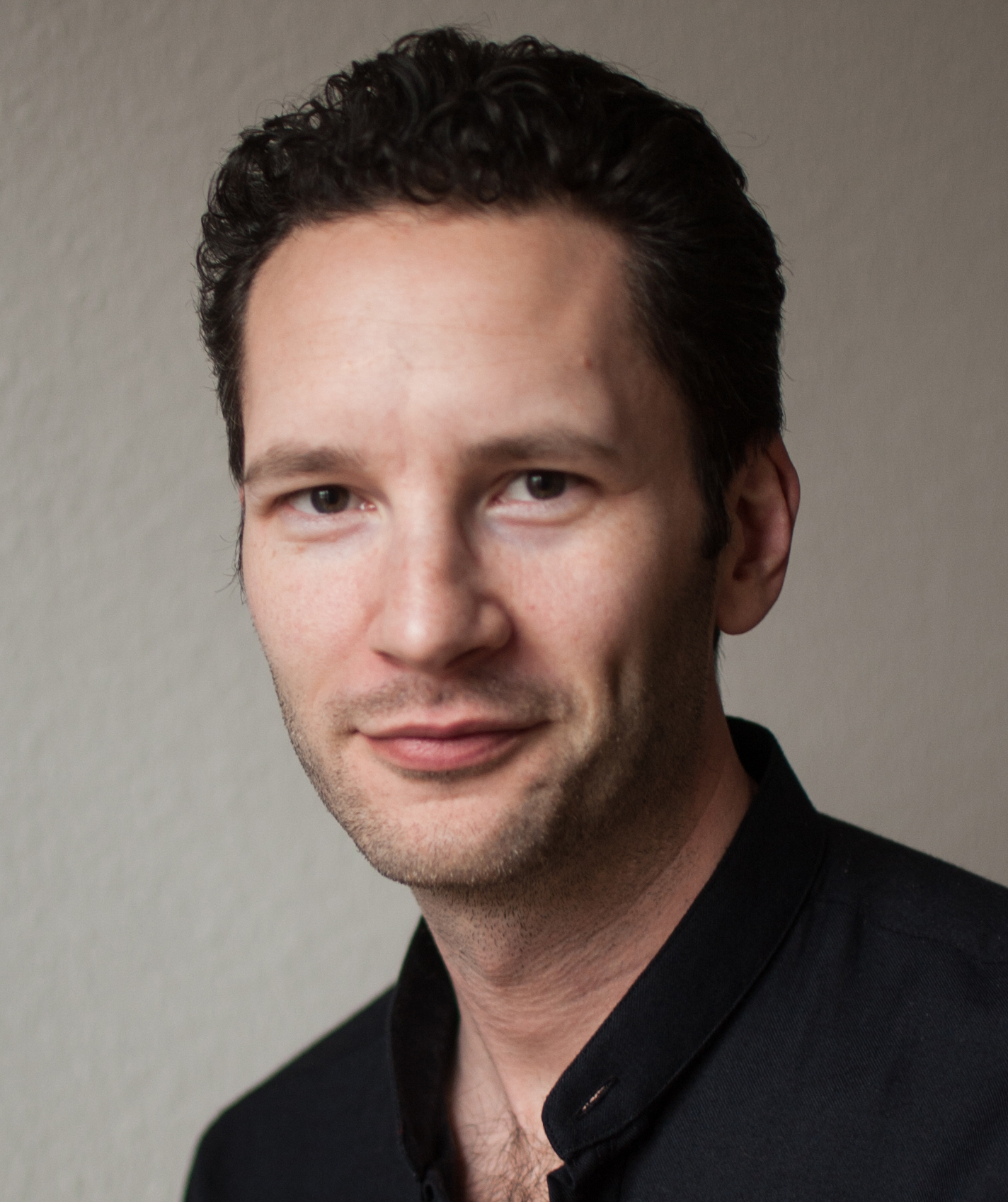Berlin native Eva Schweitzer learned a lot about the publishing industry from her years of work as a writer and New York correspondent for German newspapers. In 2011, she decided to open her own publishing house, focusing on books related to the city of Berlin. Eva runs Berlinica between New York City and Berlin. I spoke to her via Skype after one of her frequent trans-Atlantic flights.
Frances Riddle: How was Berlinica born?
Eva Schweitzer: I’m an author and nowadays it’s becoming easier to break into the market, even if you’re small. You don’t need so much overhead anymore. You can do print-on-demand and e-books, you can distribute them internationally with Amazon; and I thought why not try and publish books myself? I know how to write a book. How hard can it be to publish a book?
FR: So was it as easy as you thought it would be to open your own publishing house?
ES: No, it turns out it’s a great deal more time-consuming and complicated than you can imagine. READ MORE…














